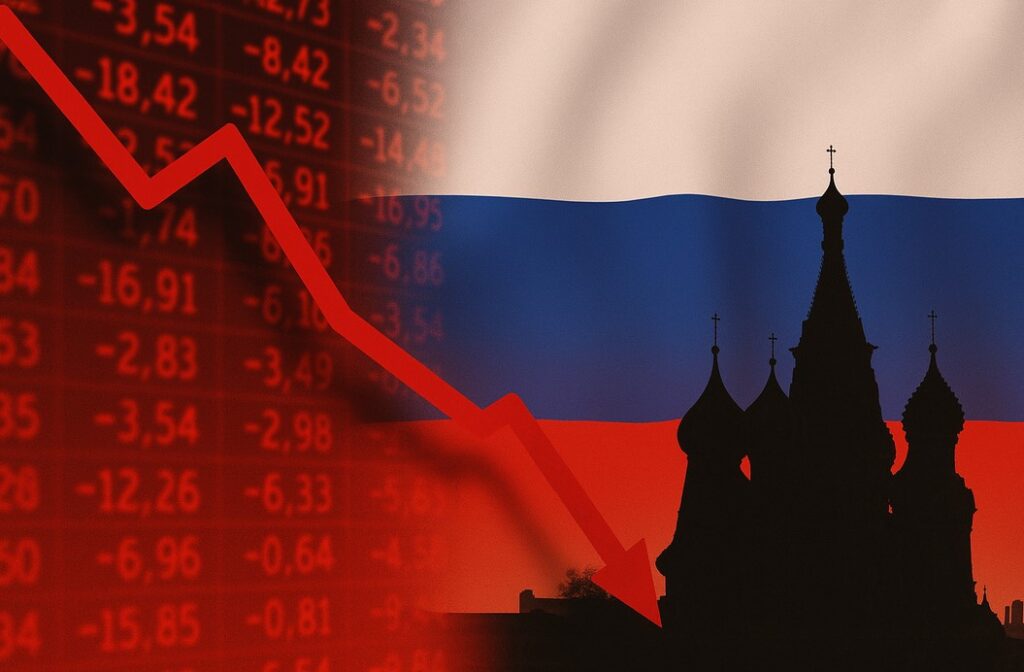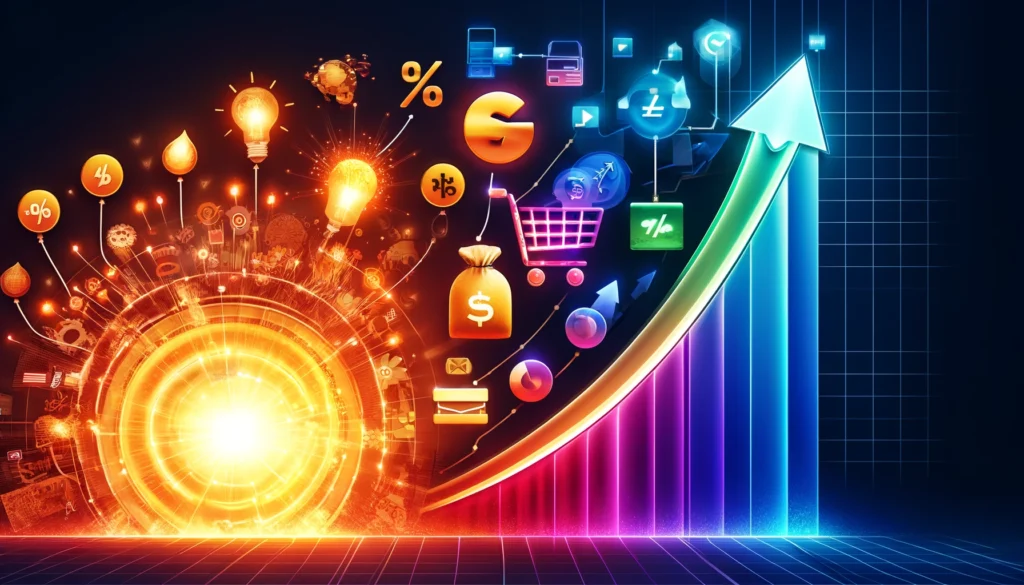- Dumb and crazy…
- The “wisdom” of the crowd…
- One neglected part of Trump’s economic agenda is making certain everyday investors up to $58,000 a year, depending. Want to join them? Well, you need to pay attention to one government meeting on October 29th.
Dear Reader,
Is the present stock market the “dumbest market in history?”
History is to its neck with dumb markets — examples run and run.
Can we then declare this stock market truly the dumbest?
I do not know. Yet MarketWatch’s Brett Arends believes it is.
The rock of his argument is the “passive investing” that predominates today.
I have cited passive investing recently.
In brief reminder, passive investing tracks an overall index or asset category — not its individual components.
Passively managed funds undertake no effort to pinpoint winners.
They are passive because they sit back on their oars… and let the flowing tide lift their boat.
Passive investing disregards fundamentally — if you’ll forgive the expression in the current contest — “fundamentals.”
Fundamentals no longer were of concern. “Active” asset managers on the hunt for market inefficiencies could no longer separate winner from loser.
Dumb and Crazy!
Passive investing is a strategy that yields handsome dividends under a flood tide of rising waters. Yet as I also detailed recently, passive investing’s central risk is this:
When the tide recedes… it recedes.
And the multiple water craft that rose up together… sink down together. Mr. Arends:
- At one level, there is no doubt that this is the dumbest market in history, because at this point it is completely dominated by “passive” index investing — the very definition of dumb money, because indexers buy stocks without any regard to valuation. Index funds chase the crowd, but increasingly index funds are the crowd — which is both dumb and crazy.
Both dumb and crazy! More:
- Private-client fund manager St. James Investment Co….calculates that the total amount of assets managed by passive investors, typically index funds, now exceeds the total amount managed by active investors, who — for good or ill — actually look at things like balance sheets and income statements before investing in a stock.
- The lines, St. James estimates, crossed in February of last year.
Who’s Minding the Store?
Yet why is this time well and truly different?
- At the last two stock-market cliffs, in 2000 and 2007, active investing still dwarfed passive investing by orders of magnitude…
- What this means is that fewer and fewer people are actually making a market in stocks using their brains. Most, as indexers, are just blindly buying — assuming that somebody else is minding the store…
- This dumb stock market, built entirely on blind faith, wouldn’t matter so much if the numbers passed a sanity test. But they don’t. Not even close.
I have written extensively about preposterously stretched valuations and other manifestations of market lunacy.
Mr. Arends, by way of validation:
- The S&P 500 index now trades for 26 times trailing per-share earnings, far above historic norms. It sells for 40 times the inflation-adjusted earnings of the past 10 years, the so-called CAPE, or cyclically adjusted price-to-earnings ratio, popularized by Nobel-winning economist Robert Shiller of Yale.
- The market, by this measure, is near the all-time peak reached during the epic bubble around the turn of the millennium, when the CAPE briefly touched 44. It is… about one-third higher than it was at the peak in 1929 — a moment that needs no introduction.
You Can Be Right and Wrong at the Same Time
“But wait,” you counter — “this boom is being driven by AI, which is a true game-changer. It’s not just another bubble, it has real legs.”
You may be correct. You may be incorrect.
You may even be both correct and incorrect at the same precise time. Mr. Arends continues:
- Let’s assume AI can live up to the hype and will transform business.
- People said exactly the same thing about the internet in 1999, and they were right about that. But it took a lot longer than they had expected, and meantime the bills came due and valuations became unsustainable.
- If you invested in the Nasdaq-100 at the start of 2000 (not even at the peak a few months later), you were absolutely right about technology and you were right about history, but you were oh-so-wrong about investing.
And oh-so-wrong you were. Assume you placed the sucker’s bet at the start of 2000.
You would not poke your head above the waterline — in real terms — for 16 years:
- You lost about three-quarters of your money over the next three years. By the time Steve Jobs was unveiling the first iPhone in 2007, you were still down about 50%. You had to hang on until 2014 just to break even.
- Once you factor in inflation, you had to wait until the end of 2016, approaching two decades after investing your money, before you started to see a positive return.
I do not know if the stock market has yet attained its summit.
Yet even if it is months and months from its summit… the Johnny-come-lasts who purchase near the top will put in several hard years scratching to claw even.
It is a bleak, bleak prospect.
Look on the Bright Side
Yet even the gray cloud features its silver edging.
Misery is misery, it is true. Yet as the phrase runs, misery loves company.
And I hazard the immiserated will enjoy abundant company in future years:
- The good news for investors, though, is that… everyone is eagerly buying the same stocks as you at these same sky-high valuations.
And as citizens of this democratic republic, the immiserated can even draw wisdom from the democratic nature of their immiseration.
“Democracy,” argued the late Henry Louis Mencken, “is a pathetic belief in the collective wisdom of individual ignorance.”
He likewise maintained that “Democracy is the theory that the common people know what they want, and deserve to get it good and hard.”
Now consider the common investor.
“I may be ignorant,” he concedes. Yet he is a passive investor. Thus he places his trust in the market’s collective wisdom:
“Everyone’s getting rich buying stocks right now. I don’t want to miss out, so I’m buying too. I mean, everyone can’t be wrong, right?”
He will learn a subsequent lesson in the collective wisdom of individual ignorance — good and hard.
Regards,
Brian Maher
for Freedom Financial News




